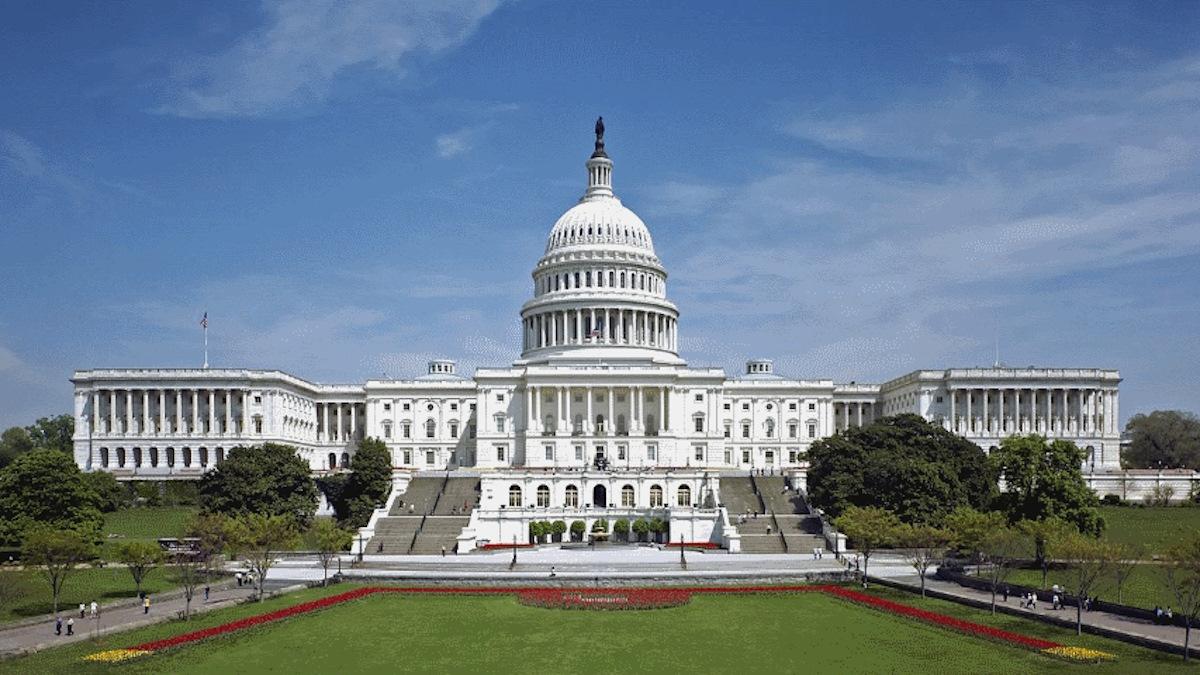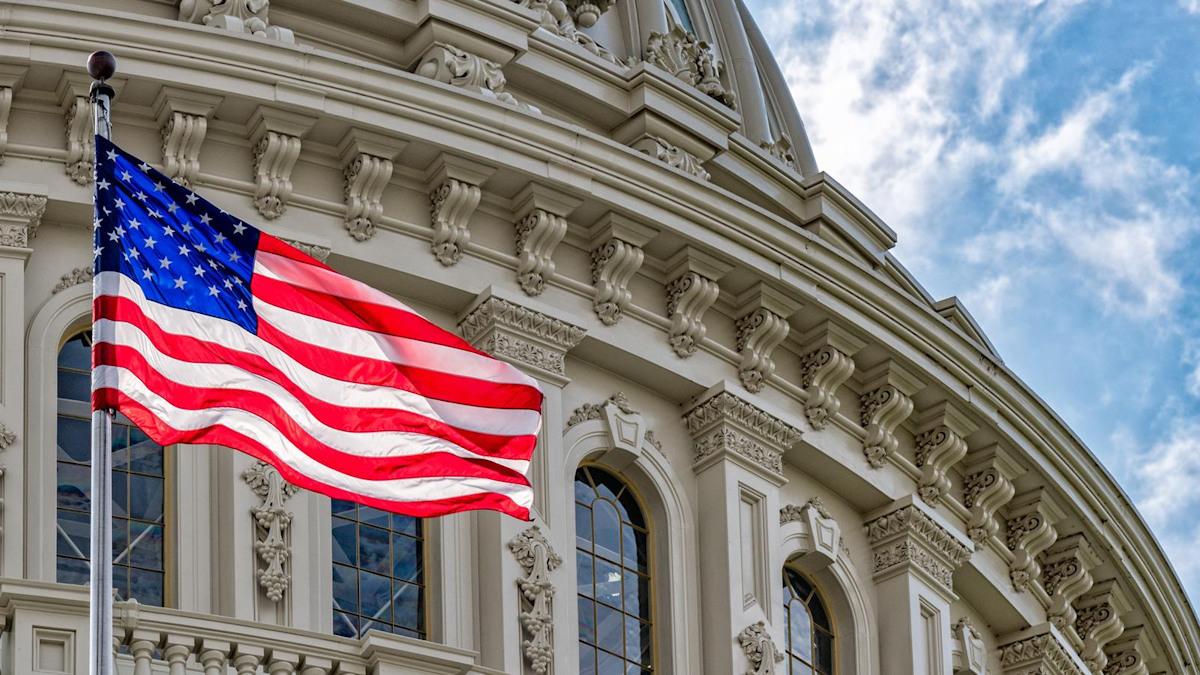PBM reform dropped in Congress' funding package

Proposed reforms to the regulations for pharmacy benefit managers (PBMs) were dropped from the US Congress' end-of-year bill to provide funding to the federal government.
The eleventh-hour agreement on a budget – which will keep the government operational for three months – was signed into law by President Joe Biden yesterday, having passed votes in the House of Representatives and Senate. Without a deal, millions of federal employees would have found themselves on unpaid leave or working without pay.
The final text saw a number of legislative proposals culled in order to get it over the line, including measures that would have introduced stricter controls over the PBM sector that had been agreed upon by Congress, as well as other health-related legislation such as raised payment rates for Medicare physicians, a clampdown on patenting practices used by the pharma industry to delay competition, and reauthorisation of funding for substance abuse programmes and pandemic preparedness.
The proposed PBM measures included a ban on spread pricing – when a PBM reimburses pharmacies one price for a medicine, but charges a health plan another - as well as 'delinking' PBM fees from the list price of a medicine, instead tying their payments to the services they provide.
Critics of the PBM sector have claimed that would eliminate incentives for PBMs to select higher-priced medicines that make them more money through rebates and fees over lower-cost alternatives that could save patients money.
Leaving out the reforms is remarkable given that they had majority support in both parties and had been backed by both outgoing President Biden and President-Elect Donald Trump. However, with that level of bipartisan support, it's fairly likely that PBM reforms will make a return to the political agenda next year.
The stripping of the legislation from the short-term funding package was described as a "missed opportunity" by the National Community Pharmacists Association (NCPA), which claimed in a statement that Congress had "fumbled a chance to rein in big insurance and PBMs and save taxpayers billions."
The trade organisation's chief executive, Douglas Hoey, claimed that PBM reform "would rein in the big health insurance lobby, save taxpayers $5 billion, and throw a lifeline to the thousands of small, family-owned pharmacies that are on the brink of closure."
Earlier this year, the Federal Trade Commission (FTC) published a report claiming that anticompetitive practices at PBMs have driven up prescription drug costs. According to the document, the concentrated market structure – with six major players – allows PBMs to profit at the expense of patients, as well as independent pharmacists, which it said were subjected to "confusing, unfair, arbitrary, and harmful" contractual terms.
Representatives of the PBM sector have filed lawsuits challenging the report's conclusions.
The Pharmaceutical Care Management Association (PCMA), which represents the PBM sector, said ahead of the funding agreement that the "inclusion of costly, unvetted health care provisions in the released text of the year-end spending package would be disastrous for America's employers, patients, families, and taxpayers."












